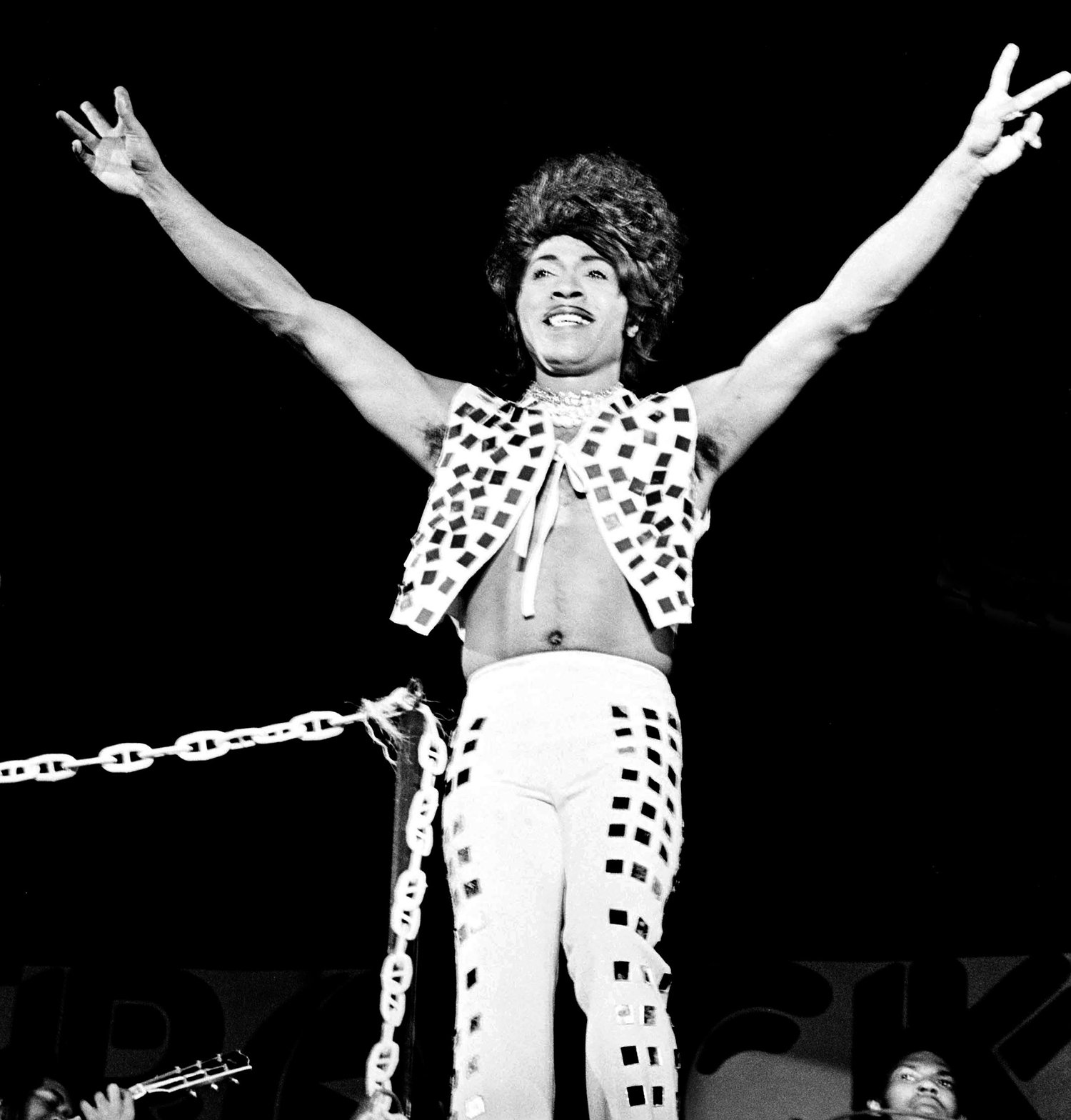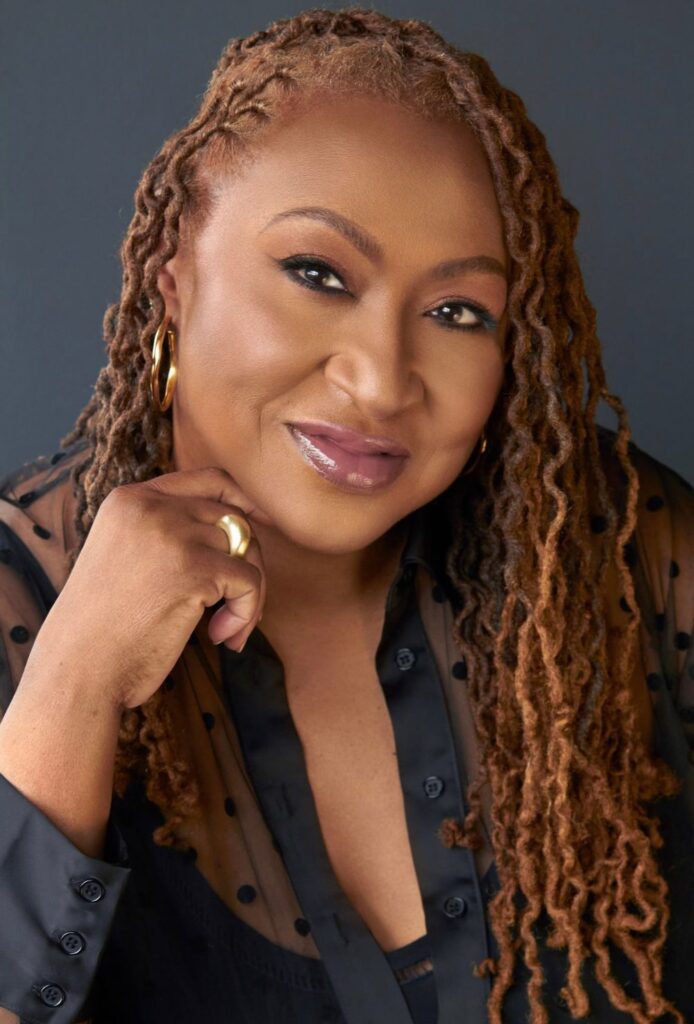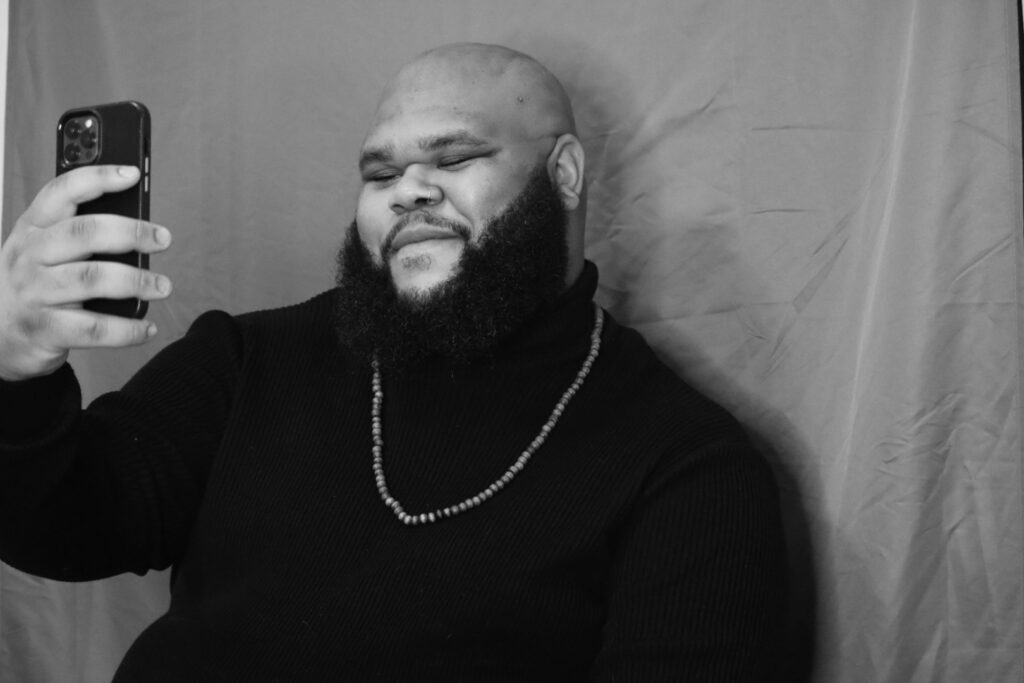
08 Jun An Interview with Little Richard: I Am Everything Director Lisa Cortés
BY RASHEED ZAIRE AJAMU
Little Richard was an exceptional musician who possessed a unique voice and personality. Despite facing internal obstacles due to his identity as a Black, queer, and religious individual, his impact on music was enormous.
The documentary feature Little Richard: I Am Everything chronicles his story and illustrates how his influence shaped the music of artists such as Prince, Lizzo, and The Beatles. The film uses archival footage and interviews to demonstrate how Little Richard, alongside other Black and queer pioneers, played a crucial role in the success of rock & roll. The repetitive Big Bang and celestial symbolism throughout the documentary is crucial to understanding who Little Richard is—everything.
Little Richard’s identity was integral to his success, and the music industry has reaped the benefits.
cinéSPEAK spoke with Lisa Cortés, director of Little Richard: I Am Everything, about the film’s symbolism, Little Richard’s internal struggles, and Black music and sound.
This interview was edited for length and clarity.
cinéSPEAK: What made you want to tell the story of Little Richard? How did he become the subject of a documentary?
Lisa Cortés: It was the spring of 2020 when he passed away. And everyone was in lockdown and freaking out and taking off their clothes when they came home and putting them in a plastic bag. All of the preventative things that we did because we’re trying to hold off on COVID-19. And I heard his music being played to commemorate his passing, and it had so much energy and joy.
And I was like, what’s going on? Okay, he’s died. Why are all these people talking about how important and necessary he was for the genre?
And then I went to see if there were documentaries about him, and they had yet to be told. William Klein started in the 80’s, and Richard ghosted him.
cinéSPEAK: The title declares that Little Richard is “everything.” How does that connect to the more prominent theme of Black music and sound?
LC: I just saw him as this interstellar cosmic force whose impact is felt and seen perpetually in music and fashion and greater conversations about intersectionality. To be everything is someone who is this all-encompassing transgressive figure.
Black cultural product is unfortunately not always valued and positioned in history to show how it proceeds and provides a foundation for so many creative cultural genre movements that are then co-opted by the mainstream and popularized, obliterating the Black producers.
There is something about being everything. And with this film really centering on Richard’s contributions and just seeing the structural integrity of rock & roll, you cannot talk about it and not put Richard in the foundation as one of the genre’s architects.

cinéSPEAK: Does that relate to the omnipresence of stars and Big Bang-like graphics depicted in the film?
LC: Absolutely. When I started talking to the editors about this project, I said he’s like the Big Bang at the beginning of the cosmos. That led to finding a visual representation to reflect that energy sprinkled throughout the film. An energy ignited in the early moments of his career by meeting Sister Rosetta Tharpe and being seen not only as an artist but as a queer person.
That propels him forward, but it’s also an energy that I think is inherent in Black creators. And so, to verbalize and visualize that presence was really important in this film.
cinéSPEAK: You use Little Richard’s voice to guide the story. A point made in the film is that Little Richard’s flamboyant personality could lead people to take him less seriously. The narration of his life almost countered that. Why was it necessary to center his voice throughout this project?
LC: In doing my research, one of the themes that continuously came up was Richard talking about being usurped by the people that he poured into becoming greater stars than him, which, to me, equals a loss of voice.
So it was essential to center his voice–to give him agency. Even though he has physically transitioned, his spirit is still here, and we get to honor the spirit.
cinéSPEAK: Why was it necessary to document moments where Little Richard condemned homosexuality and queerness in a documentary that shows how much queerness shaped rock & roll and music as we know it?
LC: It’s about the entirety of the experience and not editing to make him more palatable. This is about telling the story of someone who is beautifully human, both with what they’ve achieved and what they couldn’t, which was to understand and embrace the multitudes he contained.
Because there’s substantial information about him leaving rock & roll and rebuking his queerness, it would be remiss of me not to include it.
Little Richard: I Am Everything is screening as part of cinéSPEAK Under the Stars in Clark Park on June 16, 2023. RSVP and find details here. This event is free to attend.

Rasheed is a Black queer writer, content creator, and servant leader. They are a reporter at the Germantown Info Hub and curate content for the Phreedom Jawn Instagram page.

Sorry, the comment form is closed at this time.